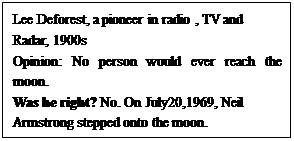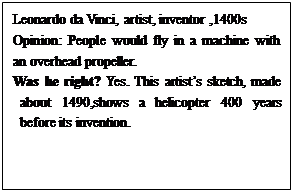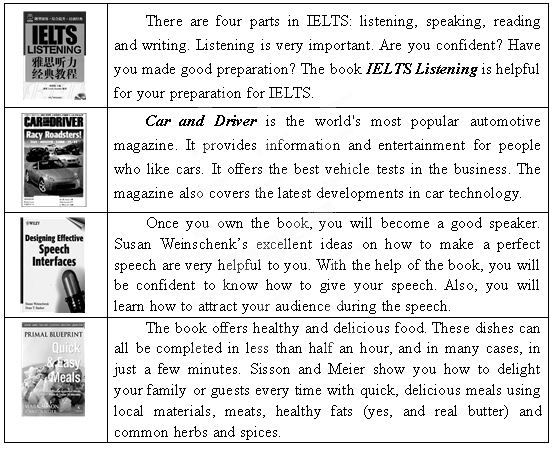Everyone may feel it difficult to
fit in with a new culture. However, you needn’t change everything about yourself, because all of your experiences are part of you and make you special. The following tips may help you live in a new culture more easily.
Teach people your culture. You’re the one who meets the new culture, but it doesn’t mean
you should be the one doing all the learning. Take the opportunity to teach new friends your culture. They may know little about it. Invite them for traditional dishes from your culture, or show them how you celebrate your holidays.
Find a support group. Find people in your neighborhood who recently moved here. You can share experiences, cheer each other up when things get difficult, and introduce each other to the new friends you’ve made.
Keep in touch with home. You probably left behind your good friends and family when you move. If it’s a long time, keep in touch with them. Write letters, send emails, and make phone calls so that you can learn about the things happening there, and talk about your new experiences. Keep pictures around to remind you of home.
Remember: the key to getting over your culture shock(文化冲击)is to understand the new culture and find a way to live comfortably within it
52 keeping your culture in your heart.
It’s important to be yourself. Do not change too fast or too many things at once. You should have your own style. So, maintain(保持)what’s important to you and find a good combination between old and new cultures, and you’ll be fine.
小题1:The underlined phrase “fit in with”means “
” in Chinese.
小题2:The underlined sentence in the second paragraph means
.
| A.you should meet a new culture |
| B.you should keep the new culture far away |
| C.you should teach your culture to others |
| D.you should learn and follow the new culture |
小题3:Which of the following words can fill in the blank of paragraph 5?
| A.what | B.why | C.while | D.whether |
小题4:According to the passage, which of the following is NOT true?
| A.People should teach their new friends their culture. |
| B.People should try to make some friends in a new place. |
| C.people should keep in touch with home after they leave. |
| D.People should give up their old culture in a new place. |







